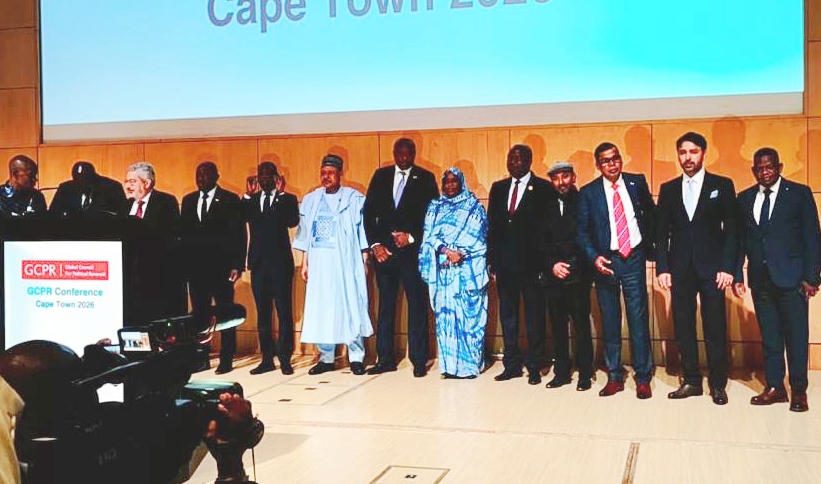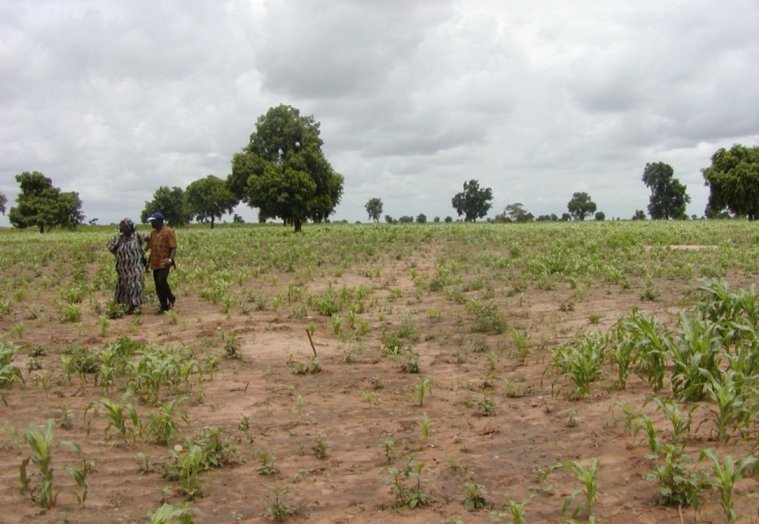Gambiaj.com – (BANJUL, The Gambia) – The United Nations Food and Agriculture Organization’s (FAO) Global Information and Early Warning System (GIEWS) has released Gambia’s latest agricultural outlook for 2024. The situation appears promising with the onset of the planting season and favorable weather predictions.
However, the challenges of high inflation and food insecurity persist, requiring ongoing efforts to ensure food availability and affordability for all Gambians.
Planting Season Begins with Optimism
The Gambia has commenced planting operations for the 2024 maize crop, with harvesting anticipated in September. Rice, millet, and sorghum sowing is scheduled to begin in June, aiming for an October and November harvest. The recent weather forecast from the Forum on Seasonal Forecasts of Agro-hydro-climatic Characteristics of the Rainy Season for Sudanian and Sahelian Zones of West Africa (PRESASS) predicts average to above-average rainfall from June to August, expected to favor crop germination and early development.
Record Cereal Production in 2023
The 2023 agricultural year concluded with the harvest of cereal crops in November, marking a significant achievement. The total cereal production reached approximately 127,000 tonnes, a 19 percent increase from 2022 and 28 percent higher than the five-year average. This success is attributed to favorable rainfall distribution, expanded planting areas, and the timely availability and increased use of fertilizers, which enhanced yields.
Persistent High Inflation
Despite agricultural successes, the Gambia continues to grapple with high inflation. The annual inflation rate, as reported by the Gambia Bureau of Statistics (GBoS), stood at 15 percent in March 2024, down from a peak of 19 percent in September 2023. Food prices remain elevated, with a year-on-year food inflation rate of 19.7 percent in March 2024. Contributing factors include high import prices for food and fuel, currency depreciation, and rising domestic utility tariffs. The dalasi’s value depreciated from GMD 61.7/USD 1 in March 2023 to GMD 67.9/USD 1 in March 2024.
Food Insecurity Projections
The latest Cadre Harmonisé (CH) analysis projects that approximately 227,000 people, or 9 percent of the analyzed population, will experience acute food insecurity during the 2024 lean season (June to August). This includes around 1,600 individuals in CH Phase 4 (Emergency). Although the numbers reflect a significant improvement from the 320,000 people (13 percent) who faced food insecurity in the same period in 2023, the situation remains critical.
The improvement is primarily due to the above-average cereal production in 2023, along with positive economic growth prospects and better income-earning opportunities, which are expected to enhance food access despite ongoing high inflation.










